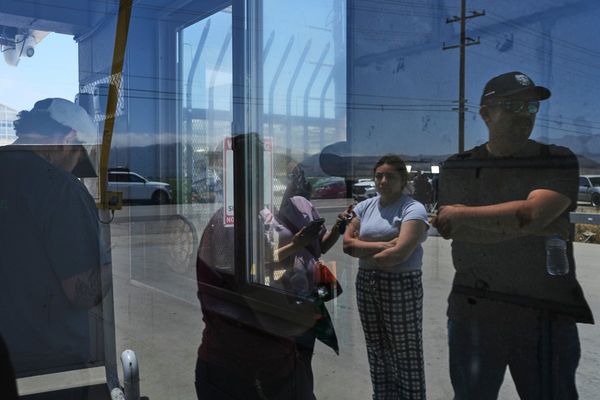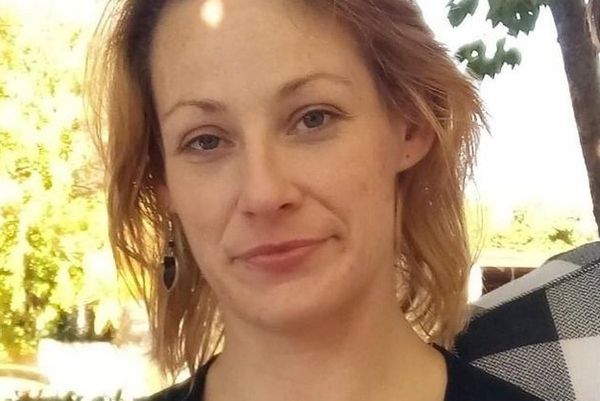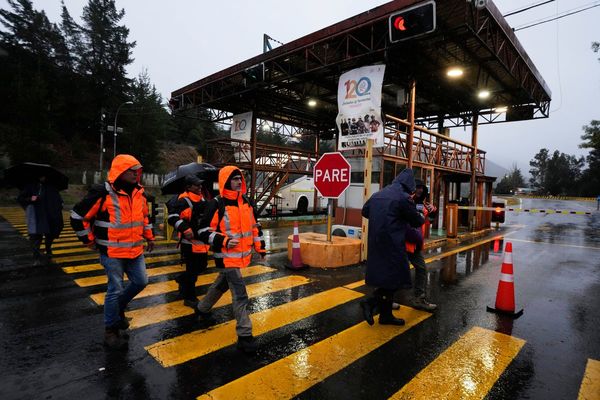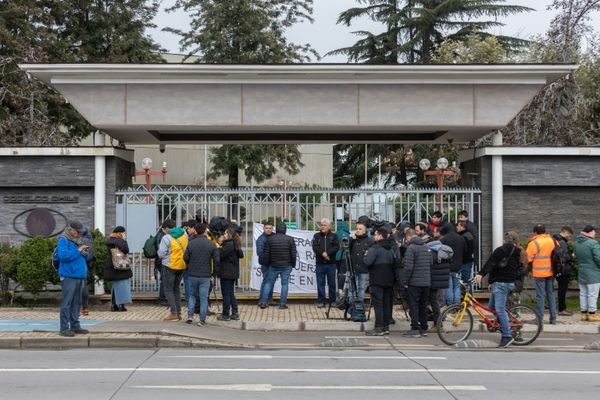
Jeremy Lin may be the first Asian-American winner of the NBA, but he is not the first player of Chinese heritage to win the NBA – and neither of the others played as much as the 51 seconds Lin managed.
The first Asian player to win an NBA championship was Mengke Bateer with the San Antonio Spurs. The Inner Mongolian rode the bench all the way to his ring in 2003.
The other was not Wang Zhizhi, the first Chinese player signed to the NBA, nor was it Yao Ming, the eight-time NBA All-Star.
Wang beat Yao Ming to the NBA by a year, joining the Dallas Mavericks in 2001 – two years after he was drafted. Yao followed him to Texas and the Houston Rockets after winning the Chinese Basketball Association (CBA) in 2002.
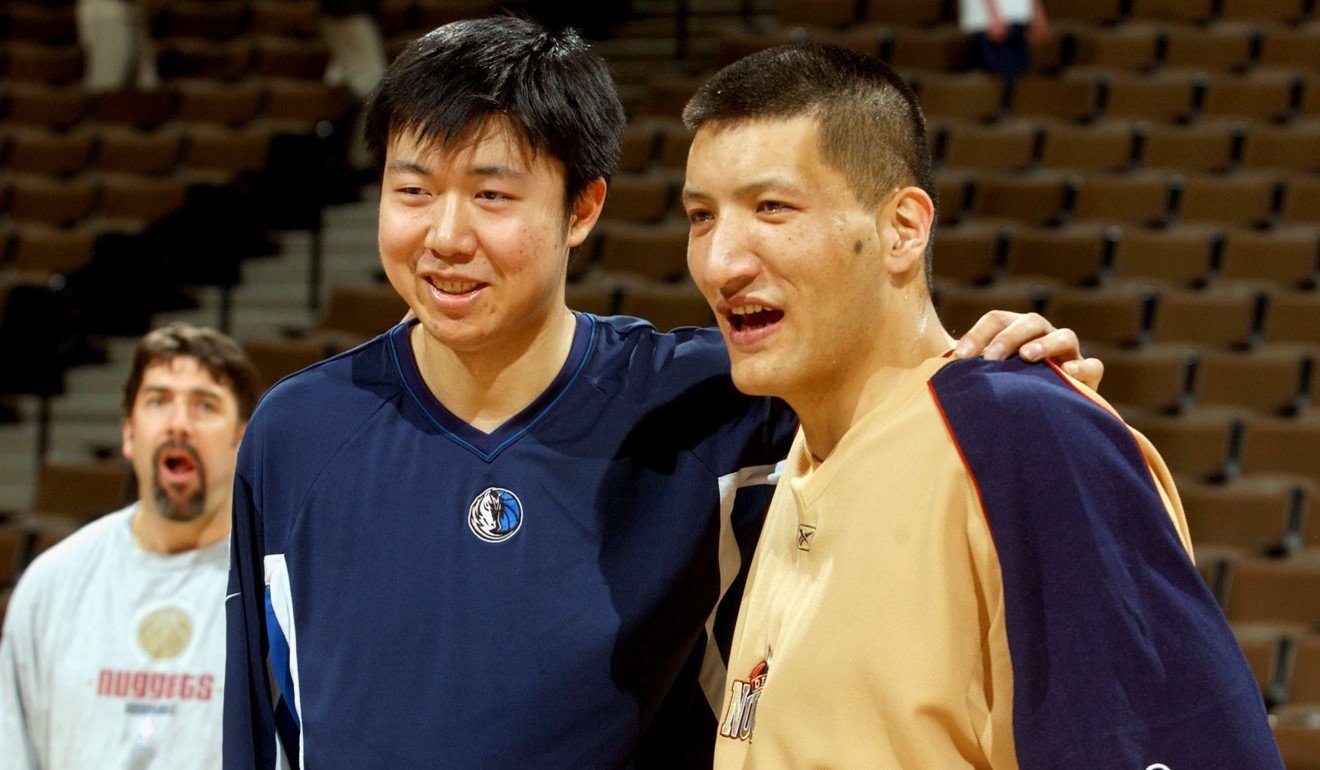
Wang by this time had refused to play for China and this affected Yao’s draft. The big man had to agree to represent his country and the Houston Rockets had to agree to draft Yao as the first pick overall to make it happen.
Such chicanery was at play by the time Sun Yue, the first Han Chinese player to win the NBA, entered the draft in 2007. That is according to his former agent Keith Glass in his book, Seven Foot Man-Eating Chicken.
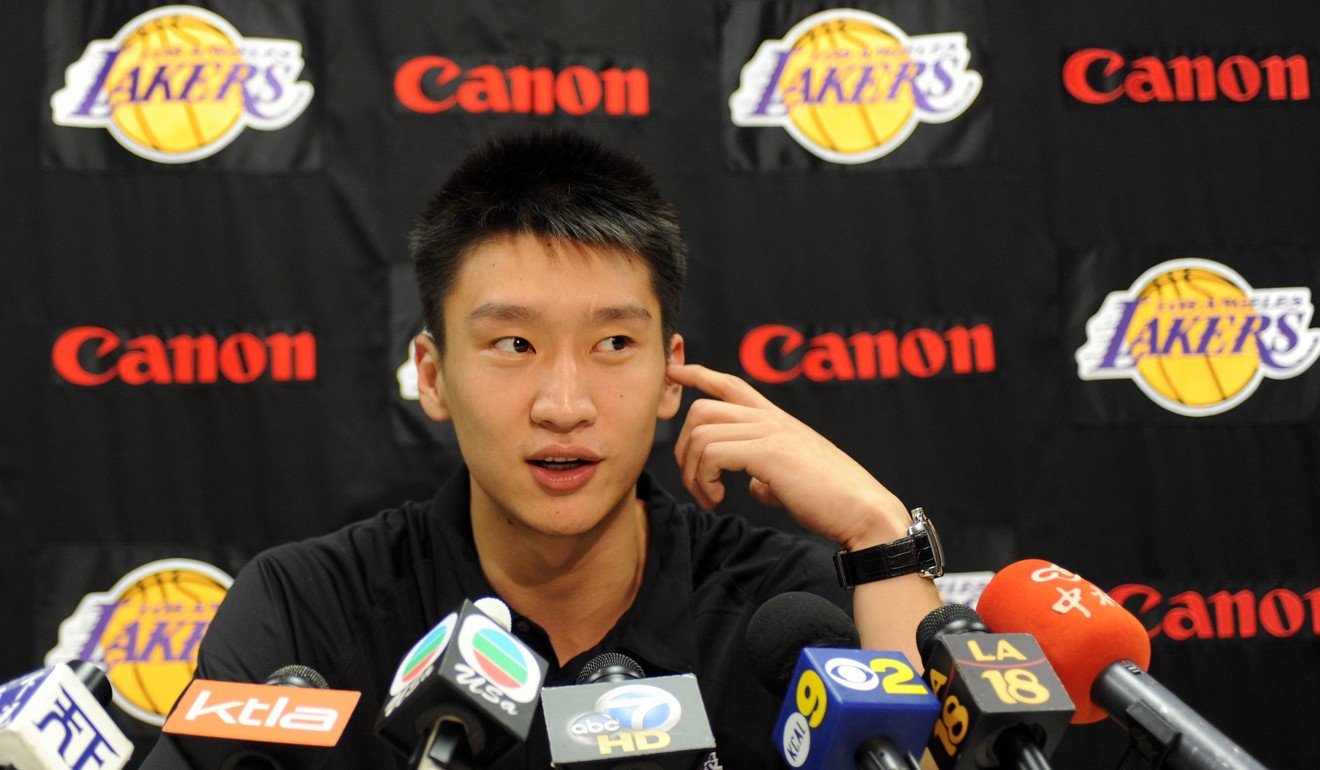
Sun Yue, a 6 foot 9 inch (2.06m) point guard known as the “Chinese Magic Johnson”, nearly did not enter the draft. His club, Beijing Aoshen, insisted he had to be picked in the first round or not at all.
Glass received an email from Beijing to remind him exactly who would be watching on the eve of that 2007 draft, namely the Chinese government. “So, please take this seriously. China is watching,” it warned.
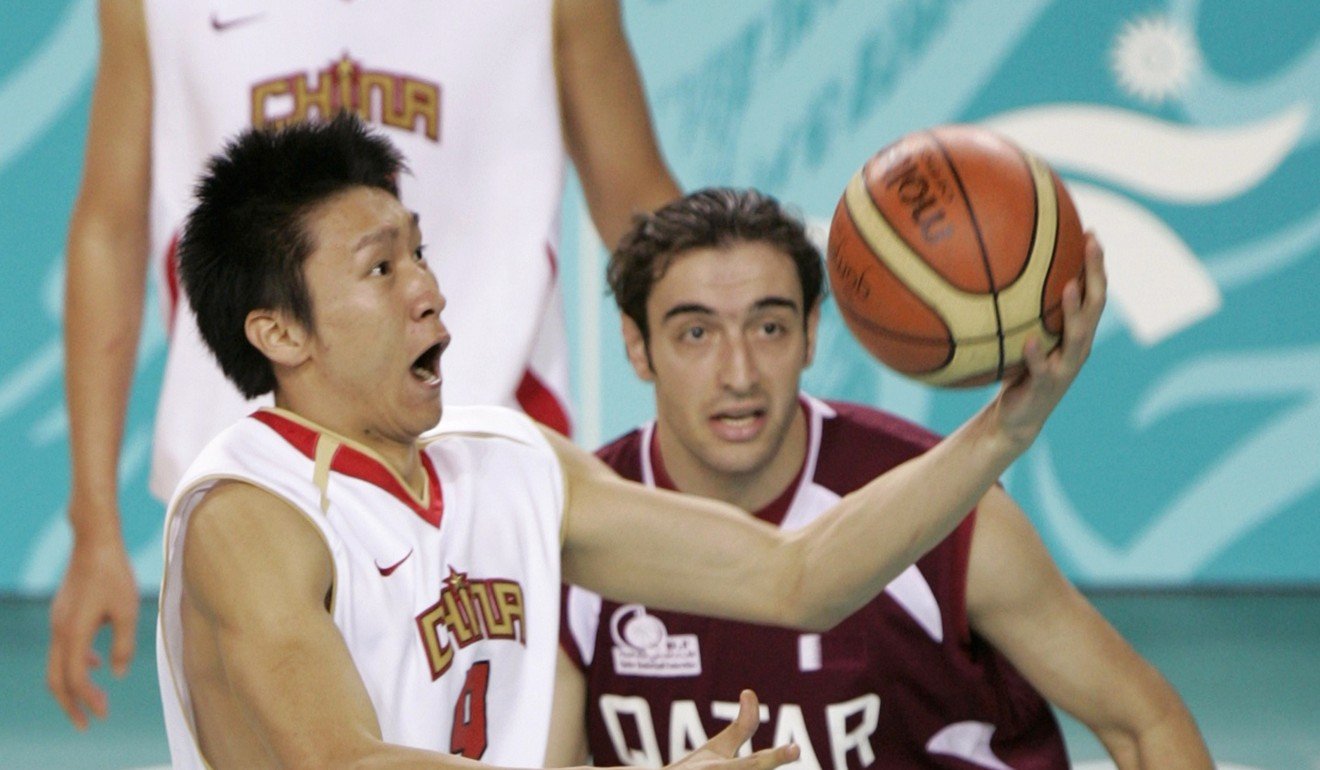
It had been an adventure even getting to that point, as Glass documents. The agent had been contacted earlier by Jack Mai, then in the Sacramento Kings scouting department, about taking on Sun as a client.
At the time, Sun was already playing in America. That was because his team, Beijing Aoshen, had moved there after their headstrong owner, a billionaire named Li Su, refused the CBA’s demand to trade Sun to another team.
Instead, they upped sticks to Los Angeles and competed in the American Basketball Association (ABA). Glass writes that he thought this sounded “a bit bizarre”, but after watching what video there was of Sun, he was in.
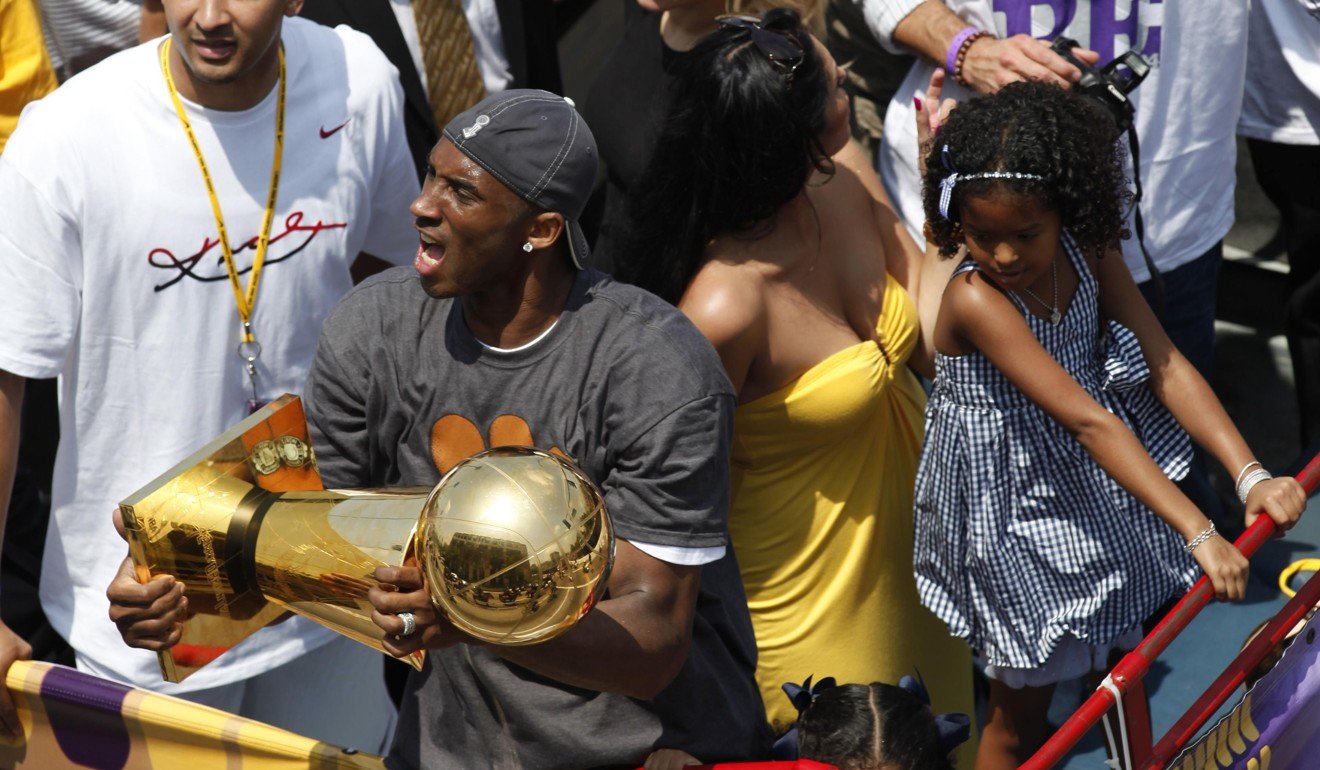
Another Chinese player, Yi Jianlian, was also in that draft class. He was the CBA’s “golden boy”, with Glass having been told he could go as high as third pick – he went sixth.
“Sun Yue was more interesting to me,” Glass writes, as he has always opted for the underdog. They don’t come much more underdog in the NBA than a 6’9” point guard.
“I admit to my own scepticism about Sun Yue being a real point guard. Everyone is the next ‘Magic’ Johnson. There has never been a next Magic Johnson.”
The video Glass saw dispelled any doubts, Magic comparisons aside, that Sun was truly a point guard.
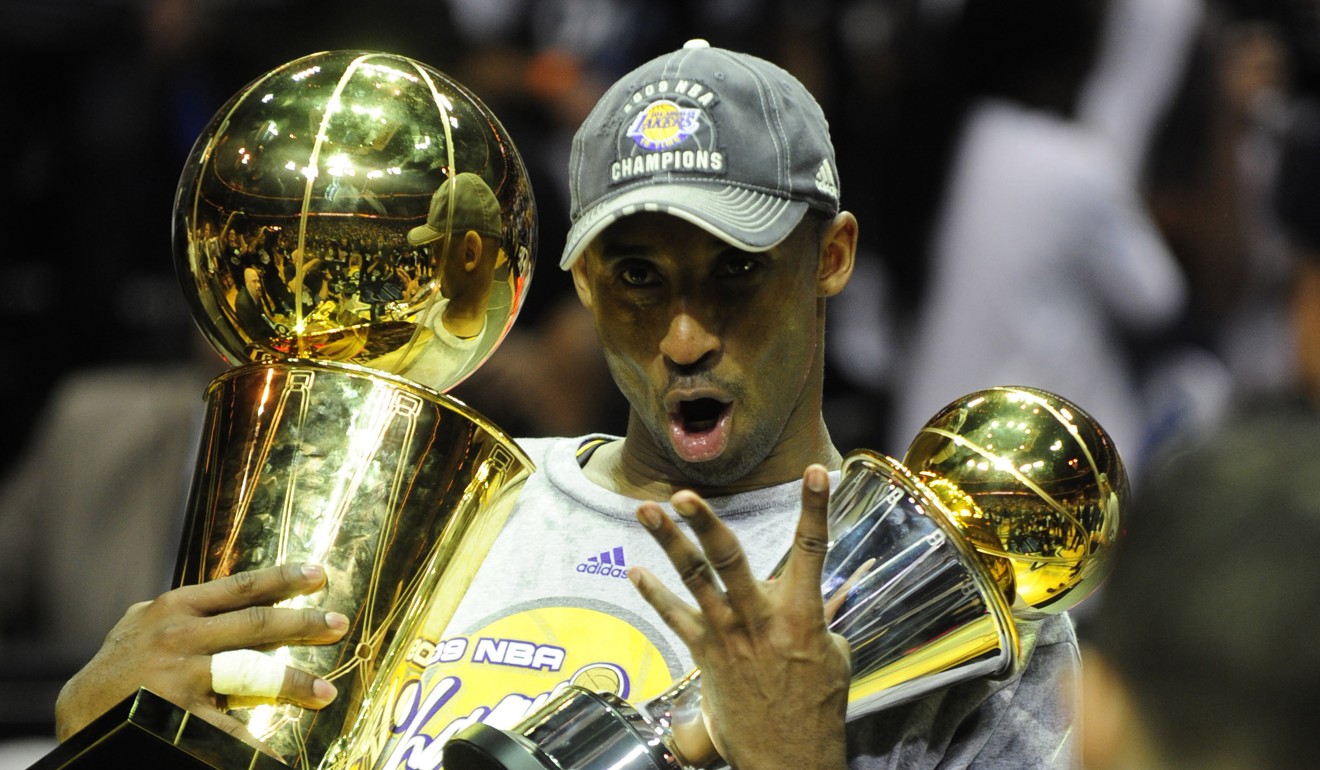
The NBA’s coaching and scouting staff were not as easily convinced. It did not help that Sun’s team, namely his club’s owner, refused to allow him to play at the annual international training camp in Treviso, Italy.
Sun did make it to what is now the NBA combine, which was then held in Orlando.
It was at this point, months into the relationship, that Glass actually met his client, only to wonder why the English-speaking Sun travelled with an interpreter.
The camp also decided to convert Sun to a small forward, despite him never playing anywhere but point guard. That nearly spelt the end as Sun’s team wanted to send him home, but Glass knew the importance of the camp for his draft prospects. He would be proved right.
“Several teams called me from the gym to say they thought Sun was the best player in the camp.”
Despite the interest, it was not going to be easy. Sun had to return to China to meet up with the national team, limiting his chance to work out for teams and also put any doubts over his English language abilities to bed.
“After the initial shock that Sun was not going to be selected first overall”, Aoshen began to cut off teams based on their potential to pick him in the first round.
The deadline for Sun’s return to China was extended by almost three weeks, meaning he would work out for 11 teams but, in the meantime, Sun’s national coach put the word about that he “was not ready for the NBA”.
This led Glass to Sina.com where he tried to convince NBA teams that the coach had ulterior motives – and had said nothing about golden boy Yi’s absence from the same training camps as he worked out for NBA teams.
Come draft day, Sun’s team were convinced he would be a first-round pick..
In the end, Sun went 40th, picked up by the LA Lakers in the second round. It was a name prestigious enough in China to take away the pain of not going in the first round, Glass writes, and their boy was in the NBA.
Even drafted, life did not get any simpler. The Lakers planned on stashing Sun for a year, allowing him to stay with Aoshen.
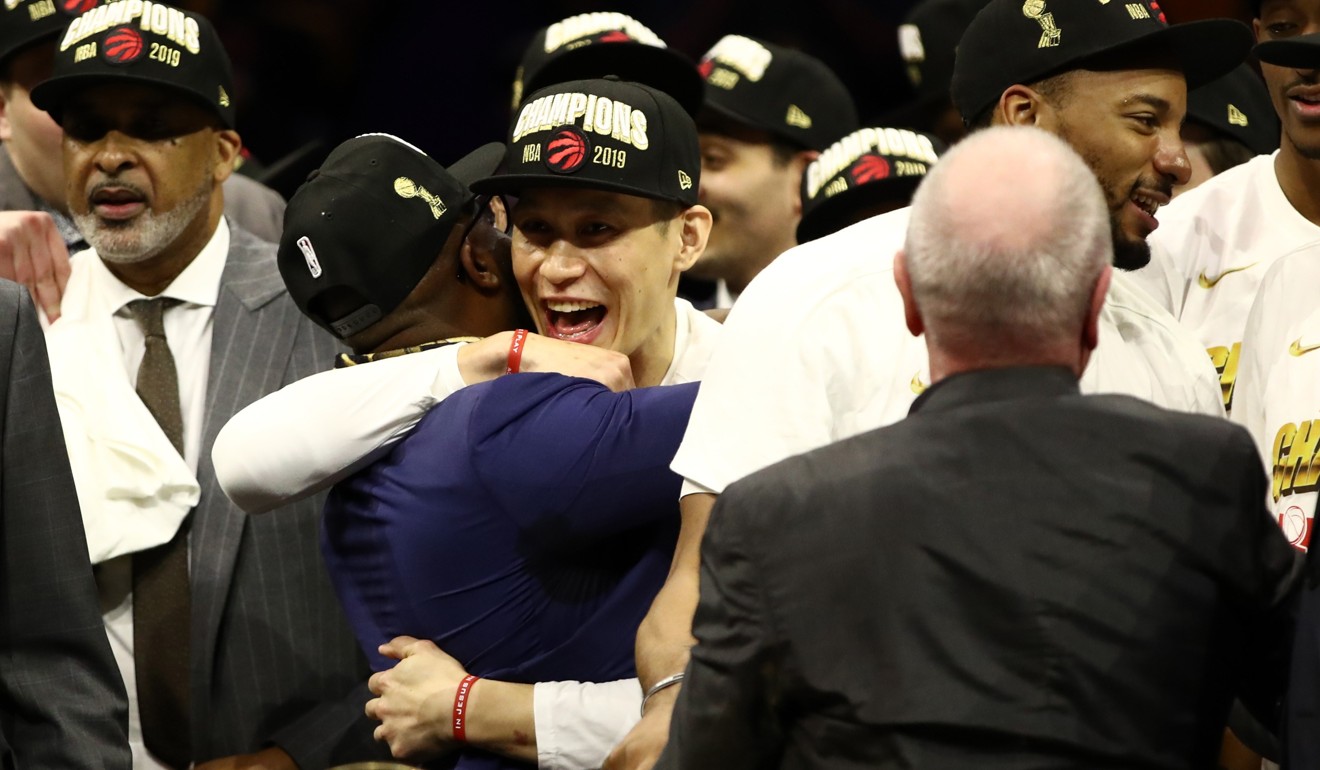
Aoshen owner Li would be the one who decided whether Sun would sign the offer when it came, and it duly did in August 2007.
Glass thought he should sign, thereby forcing the Lakers to decide on his future and a possible free agency ahead of the 2008 Beijing Olympics where Sun would be a starter for China.
Sun was in the summer league in Las Vegas but with the China team rather than the Lakers. “He totally ran that team. He really was a joy to watch,” Glass says.
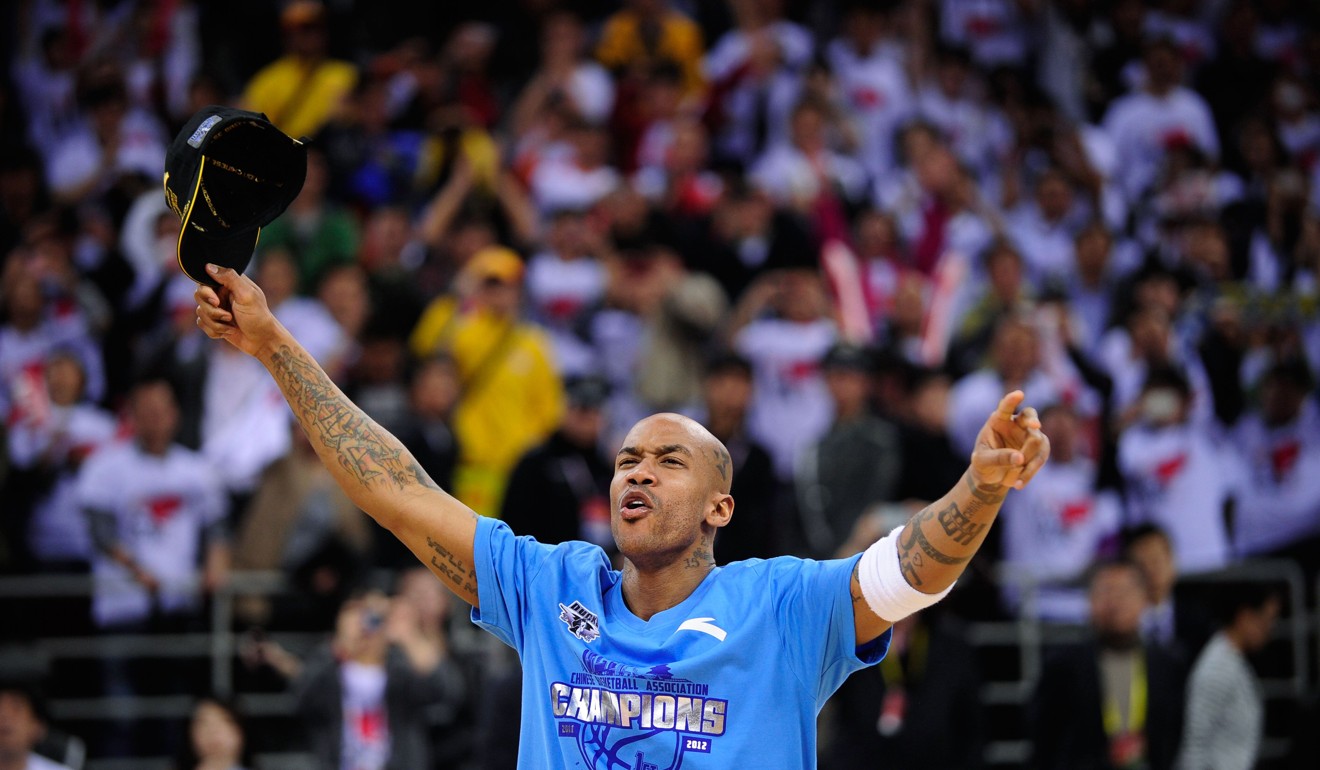
But it was clear things were not going to work out. Glass had little sway with Li and Sun’s contract with Aoshen ran until he was 45.
“My main objective was to get Mr Li and Aoshen to understand what was best for Sun. That never happened.”
Glass never saw or spoke to Sun again after that Las Vegas Summer League just after the draft.
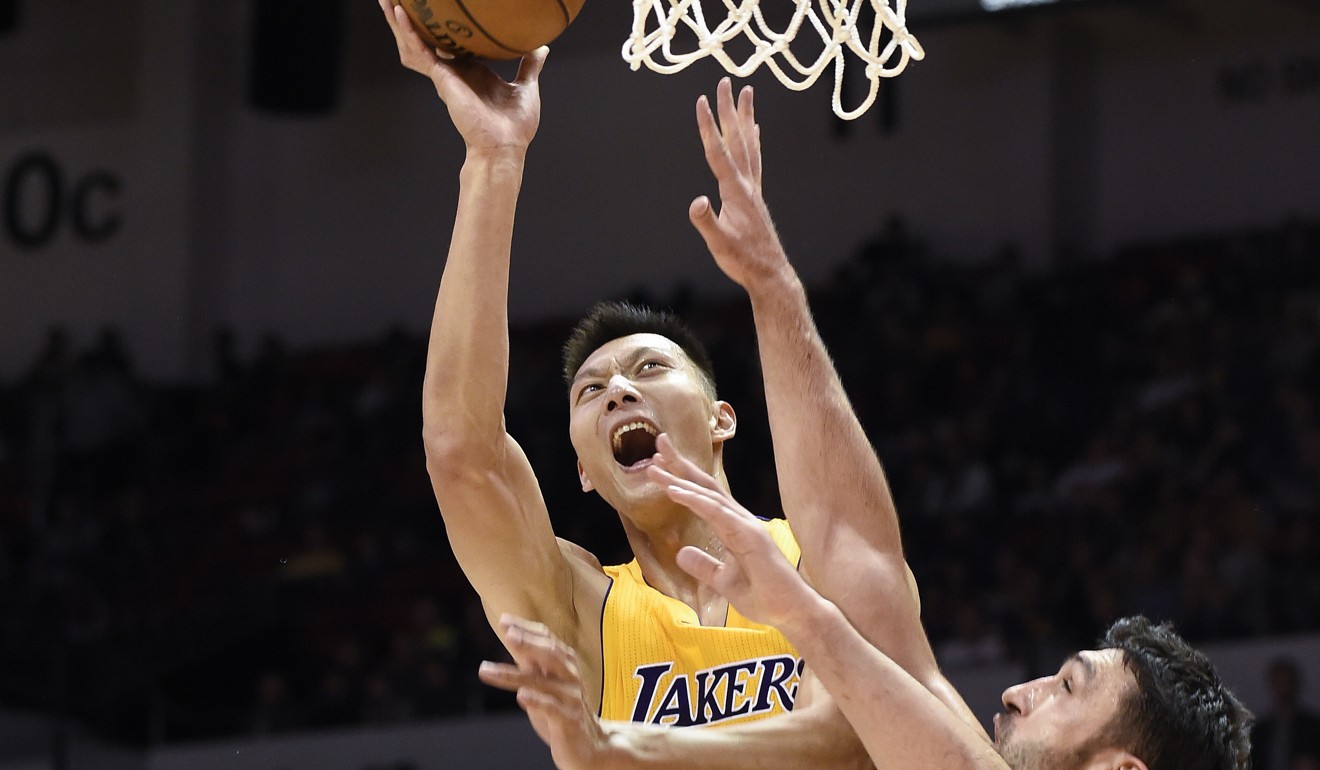
Following an argument over the course of action with the Lakers, the agent received a letter stating that his contract had been terminated. Glass writes that this left him “oddly relieved”.
Aoshen and Sun stayed in California in the ABA and a year later Sun finally signed his Lakers offer.
Sun Yue played in just 10 games for the Lakers, took 11 shots and made three of them. He was on the roster when Kobe Bryant led them to the NBA crown and picked up a ring without playing a minute of the play-offs. He was waived in July 2009.
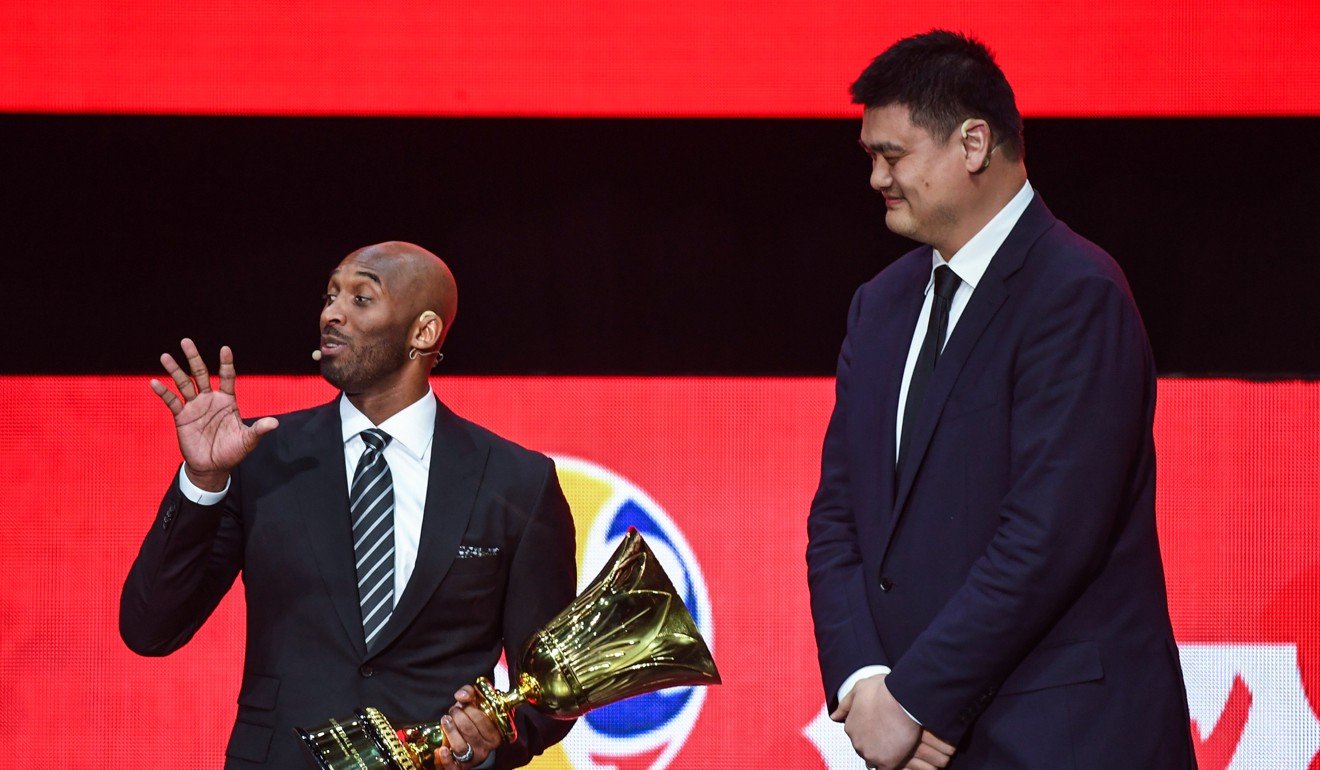
He briefly signed for the New York Knicks, but was waived before the start of the next season.
Sun returned to Aoshen, who moved between Singapore and California over the coming seasons after the CBA refused them a move to Macau, before they disbanded following Li’s death in 2013.
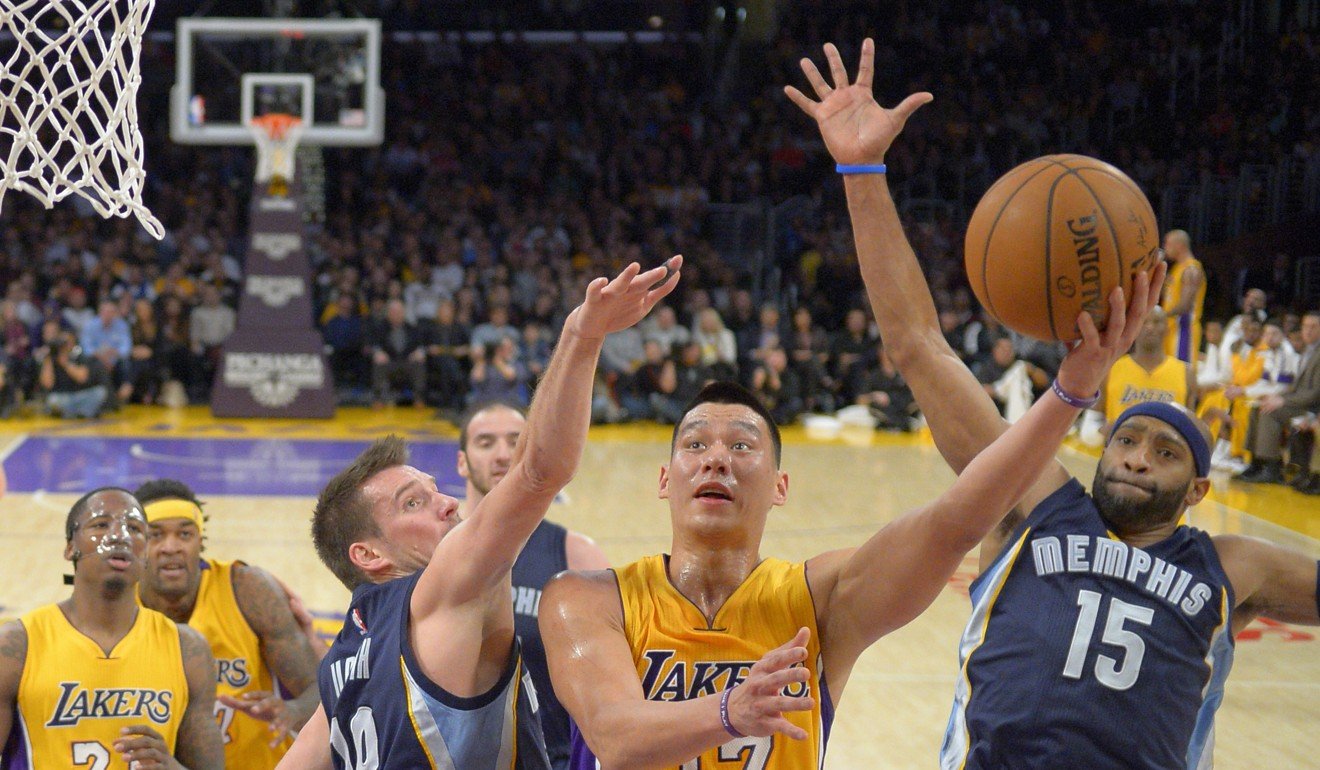
Sun would become only the second player to win the NBA and CBA. He and teammate Mengke Bateer did it at the Beijing Ducks in 2014 while playing alongside Stephon Marbury. Sun won again a year later before retiring in 2017.
Glass remains convinced of Sun’s talent.
“The difference between Sun Yue and Matthew Dellavedova or CJ Watson or Ramon Sessions or Jose Calderon or Tyler Johnson and, yes, Jeremy Lin and probably 20 more NBA point guards, was simply the opportunity to play!”
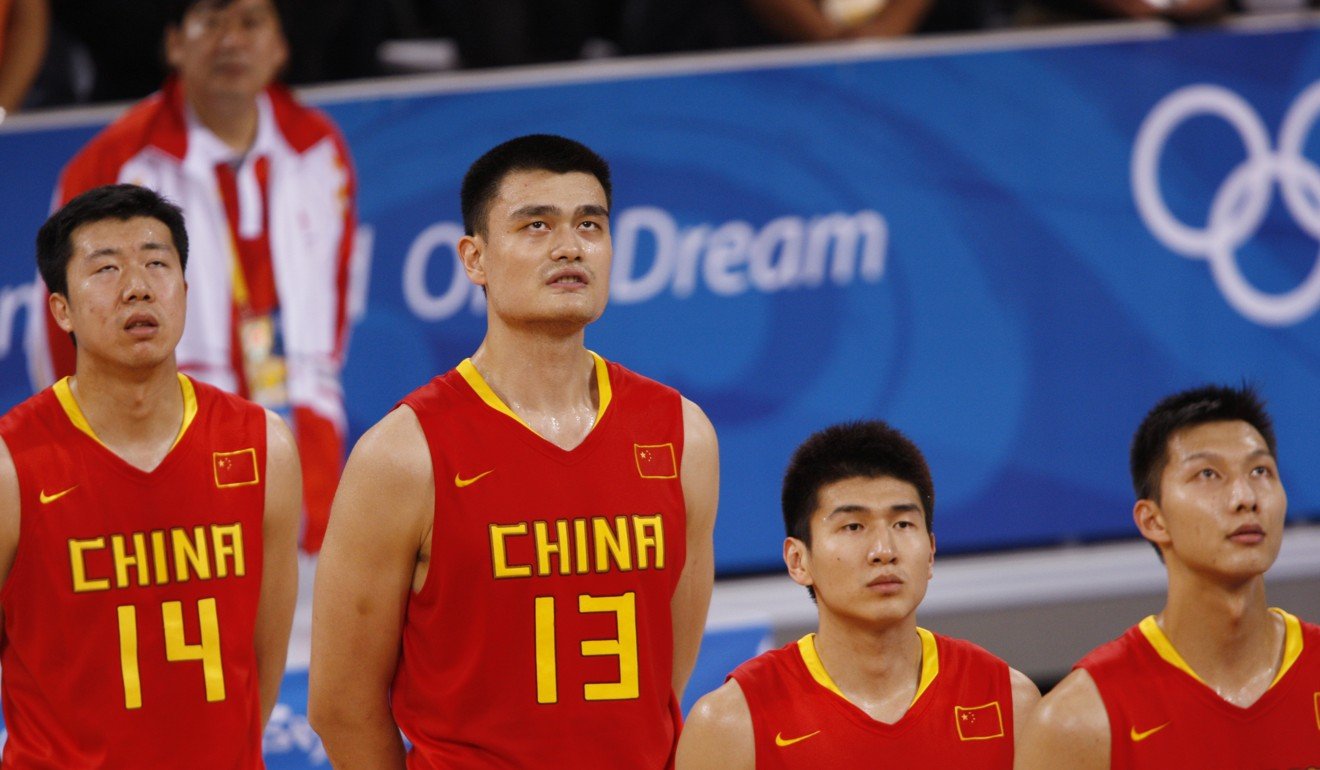
Glass reveals that Marc Gasol, who was traded to Memphis, only went after the Lakers refused to give up Sun to the Grizzlies. “Marc Gasol is an NBA All-Star and has signed contracts worth over US$150 million. According to the Lakers, Sun Yue was the better player.”
Gasol is now also an NBA champion, winning the 2019 title with Lin at the Raptors – a case of what might have been.
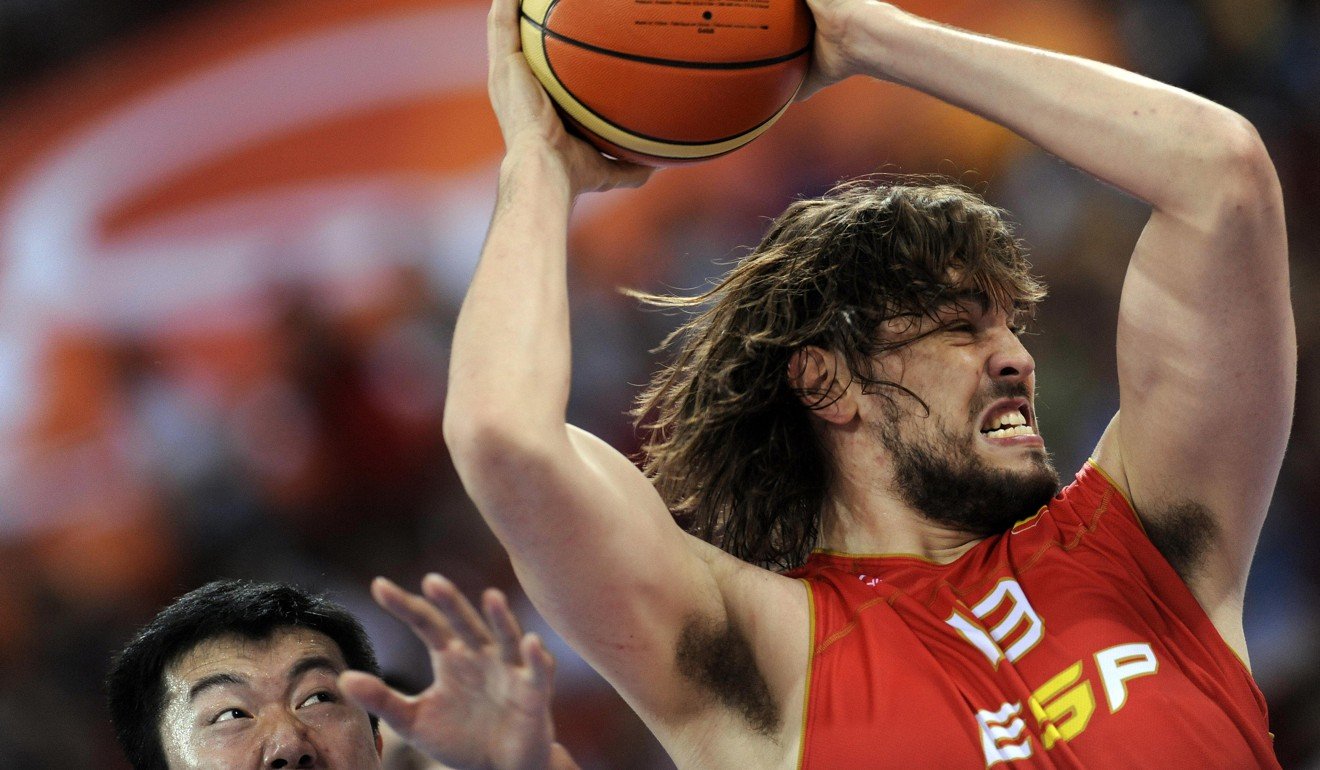
Glass’ final image of Sun is of him at the 2012 London Olympics, cutting a forlorn figure in their elimination by Australia.
“The player that I watched that morning bore no resemblance to the player I knew. He simply had regressed due to the lack of adequate and consistent competition. Even his own national team didn’t play him purely as a point guard any more.”
And so the sun set on the career of one of the more unusual NBA title winners. Complex listed him as No 1 on The Worst Players to Win an NBA Championship (Mengke Bateer was 17th on the 20 strong list) but, whatever people think, just like Bateer and Lin, there’s no taking away that ring.
Sun's tale could have another twist. Chinese media reports suggest that despite him not playing competitively for two years, he is likely to sign for the Sichuan Blue Whales in the CBA.
